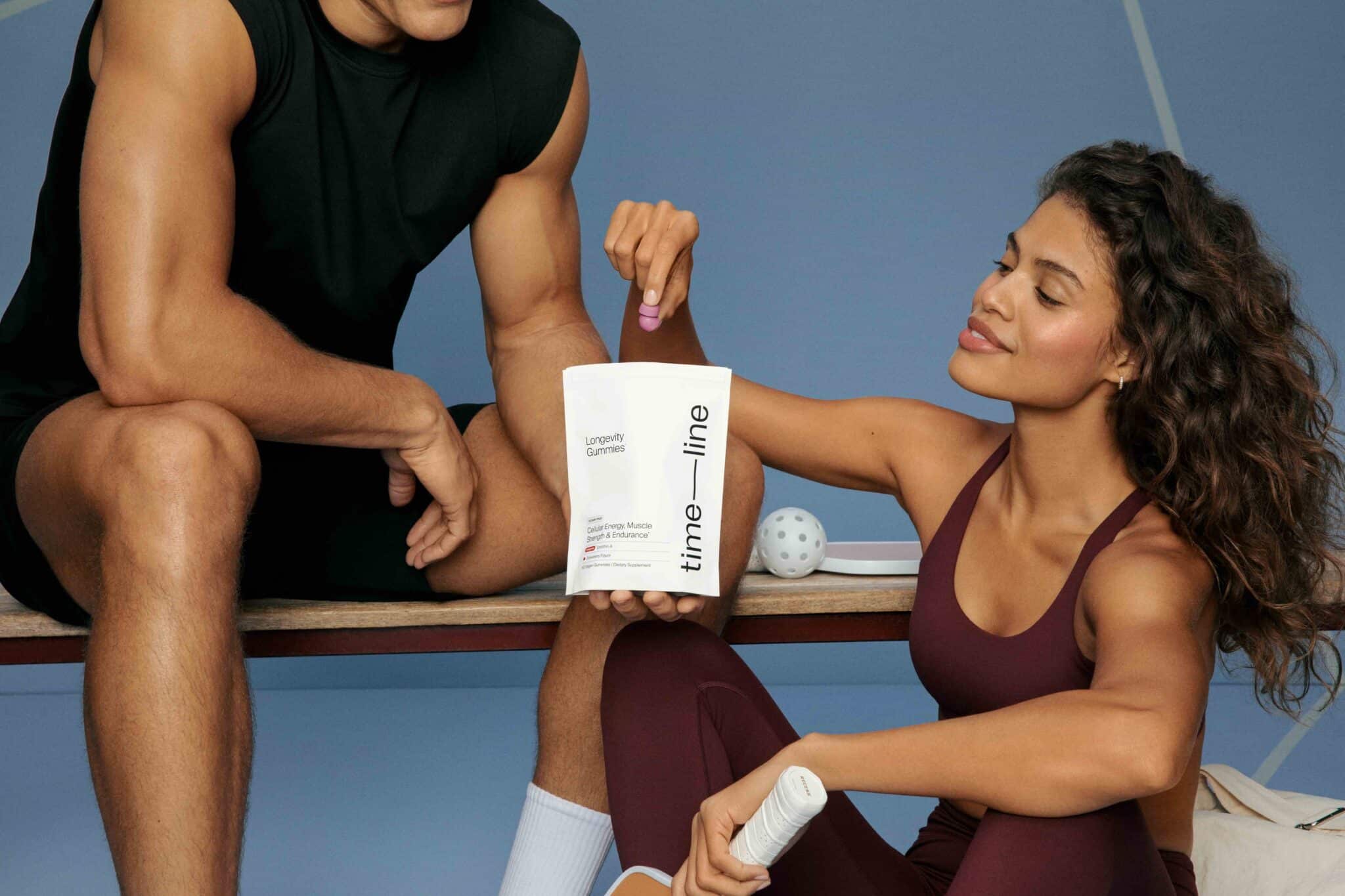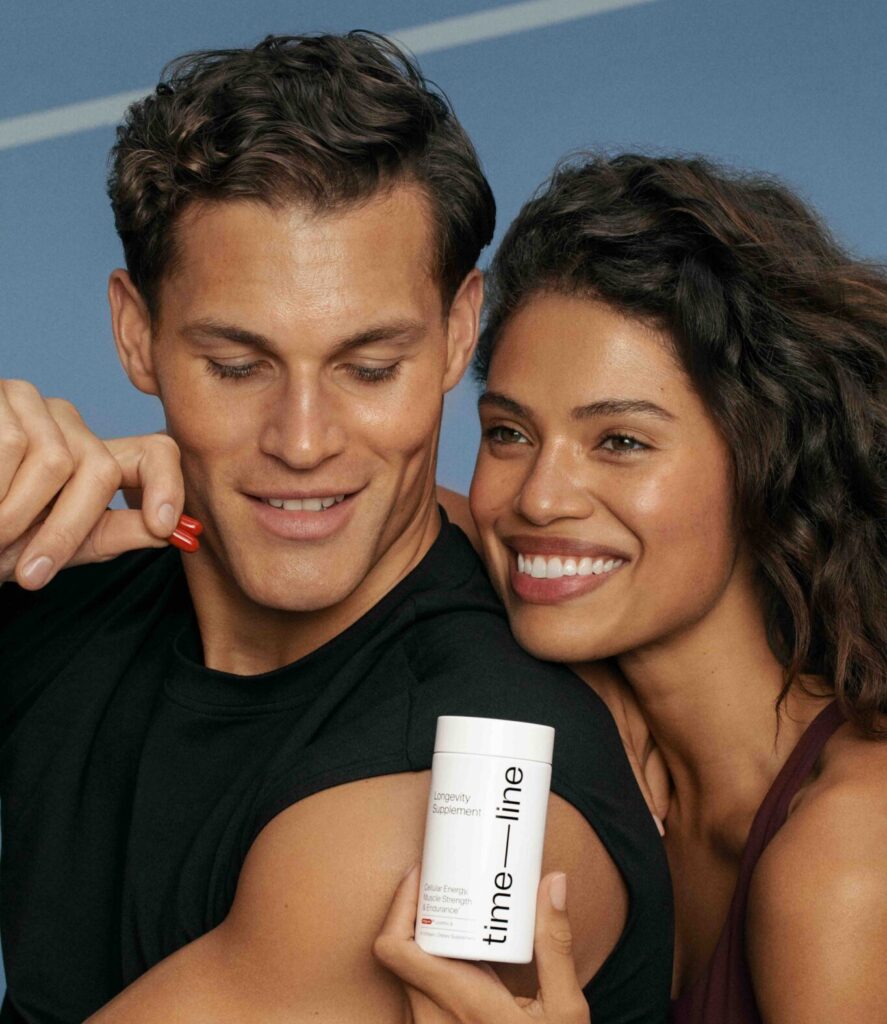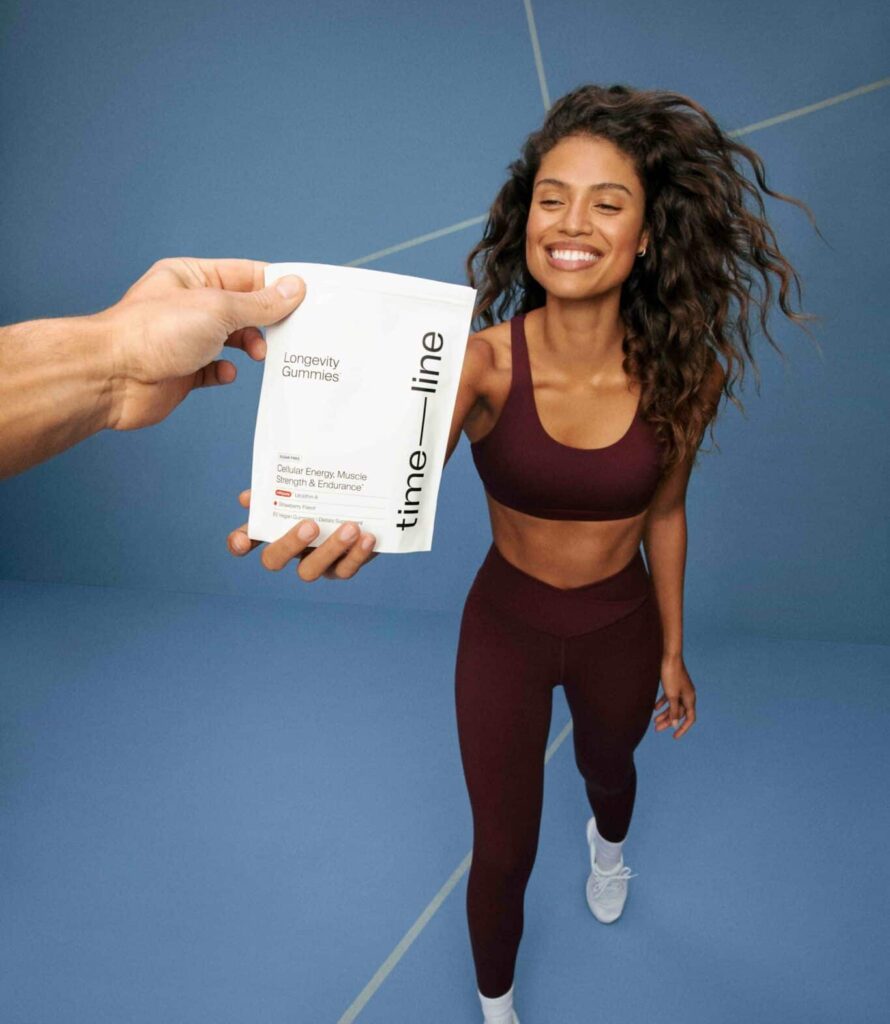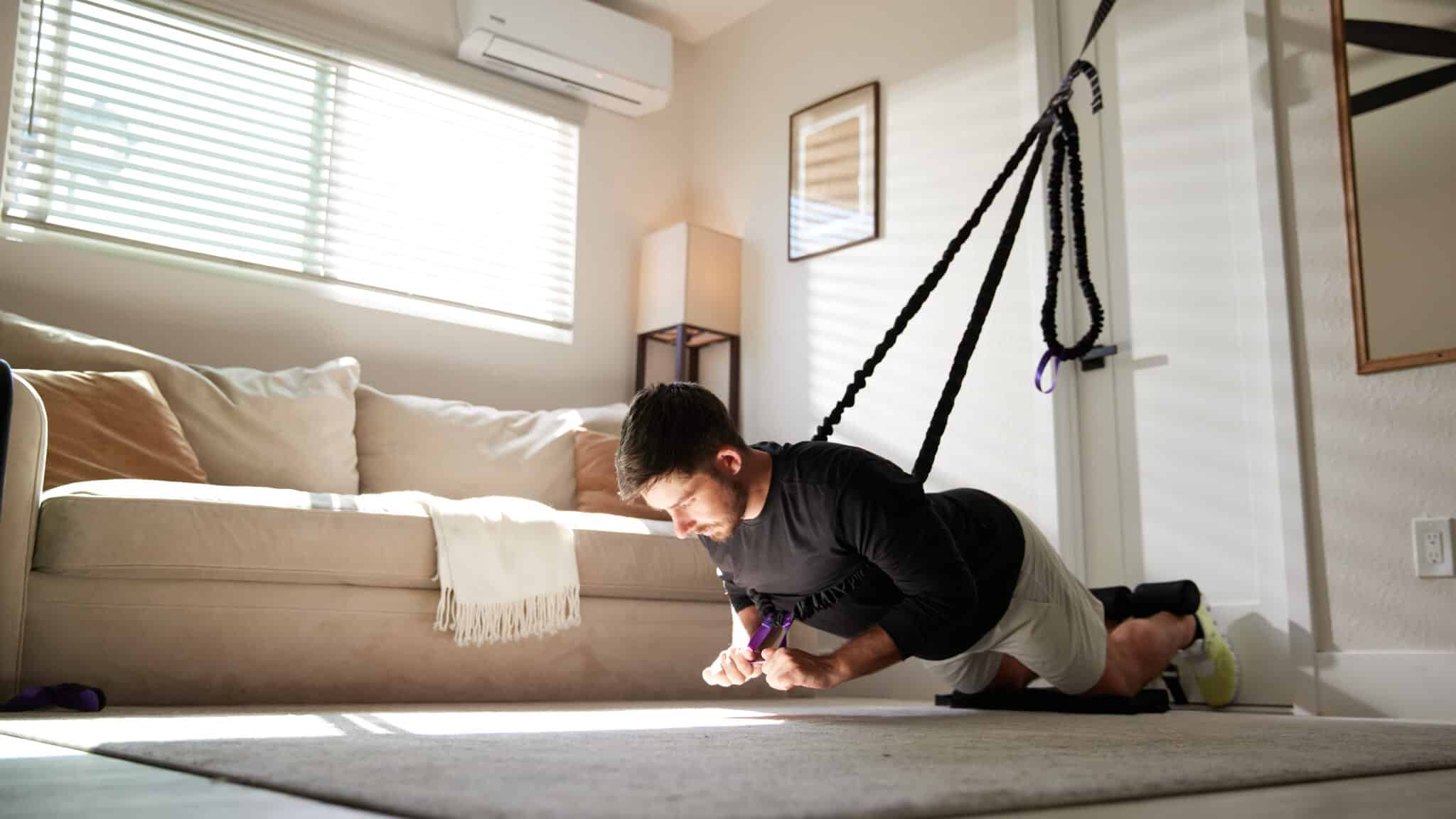Pickleball is scientifically proven to help you stay healthier and live longer
| May 2, 2025

Playing pickleball on a regular basis is a game-changer for your overall health and longevity. Want to boost your energy and stay in the game longer? Keep reading—and click the link at the end to grab your free Mitopure Gummies from Timeline, Official Longevity Partner of the PPA.
Studies show that racket sports like pickleball can reduce the risk of death by nearly 50% compared to non-players. That’s because it combines aerobic exercise with coordination and balance, giving your body and brain a well-rounded workout. One of the most surprising benefits? Improved cognitive function. Physical activity, especially when it involves strategy, reaction and quick thinking, has been shown to slow cognitive decline by up to 30%.
Add in the social element, the friendships and relationships formed on the court, and the sense of community and connection with your fellow players, and you’ve got a triple-threat formula for healthy and graceful aging. Playing alongside others is also inherently motivational, so it should keep you coming back for more. Social interaction reduces stress, which helps manage inflammation and keeps your heart strong.
Renowned longevity expert, Dan Buettner, insists that America’s fastest-growing sport boasts many key ingredients to help people lead healthier lives.
“The sports that offer the most years are sports that involve a racket. Badminton, for example, adds about six years to your life expectancy, and tennis adds over nine years to your life expectancy,” he explained. “But, the sport that adds the most years to your life expectancy is pickleball. Why? Well, because it’s a racket sport, and it’s also easy to learn and it’s consummately social. You can’t help but meet people when you get on the pickleball court. It’s regular. It’s something you can do every day. It’s something that’s available to just about anybody for very cheap.”
A board-certified clinical exercise physiologist at NYU Langone’s Sports Performance Center, Heather Milton, says pickleball takes exercise to a whole new level as compared to other more traditional forms of physical activity like running or walking.
“When you get on an elliptical or a treadmill, you’re moving forward the whole time,” she said. “Pickleball gives you a much more well-rounded movement pattern because you are moving in multiple planes of motion and in different directions. It contributes to improving your agility, your muscular endurance as well as hand-eye coordination.”
Bottom line, pickleball can do wonders for your body and mind. From reducing the risk of chronic disease to building cognitive resilience to emphasizing holistic well-being, the sport serves you well in the long run.
As we get older, though, staying in the game isn’t just about showing up on the court, right?
It’s about supporting your body with the right nutrients to keep it energized and strong.


The body requires the right support to keep doing the things you love, so when it comes to longevity, look for supplements backed by real science. Mitopure® from Timeline is powered by Urolithin A, a breakthrough postbiotic nutrient that is scientifically shown to recharge your cells and help you maintain strength and energy as you age. Claim your Free 3-Day Mitopure Gummies Starter Kit, while supplies last, and stay in the game longer.
So, the next time you pick up a paddle, remember that you’re investing in more than just a good time. You’re investing in your future.
These statements have not been evaluated by the Food and Drug Administration. This product is not intended to diagnose, treat, cure or prevent any disease. References: 500mg Mitopure® has been shown to (1) induce gene expression related to mitochondria function and metabolism and (2) increase the strength of the hamstring leg muscle in measures of knee extension and flexion after 4 months in overweight 40-65 year olds. (3) 1000mg Mitopure has been shown to induce a significant improvement in hand and leg muscle endurance after 2 months in adults aged 65 and older. Data from two randomized double-blind placebo-controlled human clinical trials.





